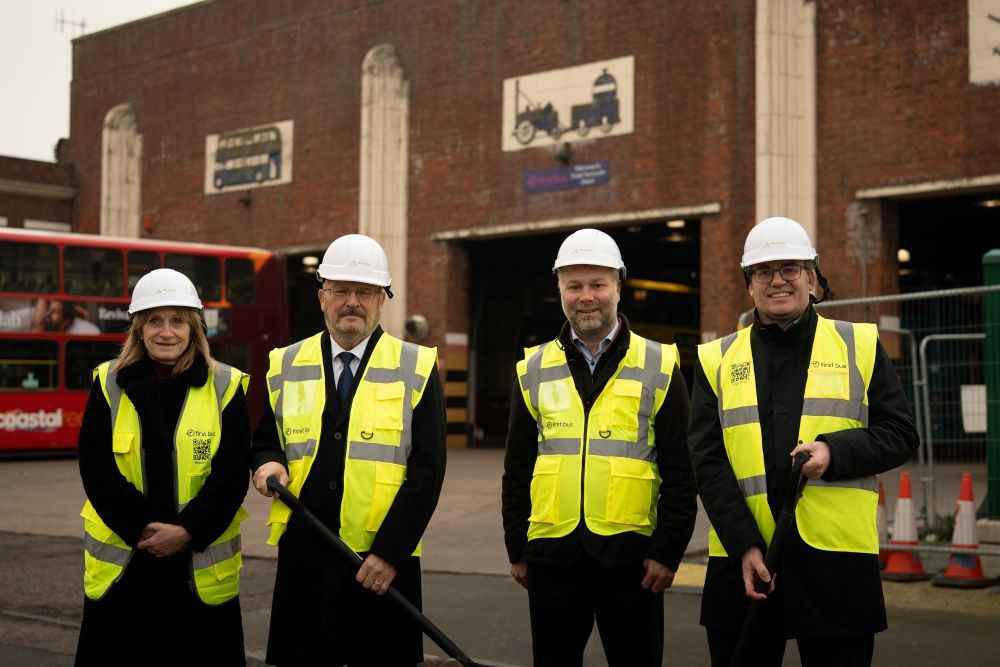Local authorities should be given new powers to limit disruption and congestion caused by street works, the parliamentary Transport Committee has said.
According to the committee, street works – referring to utility companies installing or repairing pipes and cables for gas, water, electricity and broadband – should have tighter controls on the use of ‘immediate’ or ‘urgent’ permits. These allow utility companies to bypass local authorities before they start, and guarantees that an excavated road will then be reinstated to a high standard.
MPs have also called for the UK Government to let all local highway authorities adopt lane rental schemes’. Under these schemes, utility companies pay a charge for each day that works are carried out on a road – incentivising efficiency.
The inquiry leading up to this report heard that if roads are reinstated to a poor standard following street works, it increases the chances of cracks and potholes appearing later on, and councils being left to put things right with yet more road works.
Around 2.2 million street and road works were carried out in England between April 2023 and March 2024. More than 200 organisations have the right to dig up roads.
More street works will be needed to meet government objectives on new housing developments and installing electric vehicle infrastructure, it said.
In many cases, some level of disruption is unavoidable when street works need to be carried out to keep services running. But the disruption is felt by all road users, including HGVs, buses, emergency services and pedestrians.
The Committee heard “overwhelming evidence” from local authorities that the current regulatory regime leaves them “ill-equipped to monitor and coordinate utility companies’ street works, or to penalise companies that behave badly”, it said.
Transport Committee Chair Ruth Cadbury said:
“Street works are essential. Ageing infrastructure inevitably needs maintaining, and new cables and pipes will need laying as more housing is built across the country.
“But as every road user knows, street works can feel like a recurring nightmare. The complaints are all too familiar: temporary traffic lights appearing overnight on a road that was already dug up a few months ago, sites left unattended on weekends, works dragging on longer than promised, lorries diverted down roads too small for them, and disabled people often unable to negotiate their way around the site safely . People are often left wondering, ‘why does the council let this happen?’. I’ve also heard from site workers who too often face the wrath of the travelling public.
“Our report sets out a shopping list of small changes that could make a huge difference, sharpening the teeth of the regulations that already exist while also providing incentives to for utility companies to work efficiently and coordinate their work with councils.
“Upping the quality of reinstatement works will help stem the never-ending plague of potholes on local roads. Lane rental schemes should provide a financial incentive to complete works on time. And longer-term planning and earlier notification should help councils prevent the infuriating occurrence of multiple roads being closed in one locality, or the same road being dug up multiple times in one year.”
Responding to the report, Keith McNally, Operations Director at the Confederation of Passenger Transport, said:
“Street works are a massive source of frustration for bus passengers. Too many buses are delayed and diverted by utilities digging up roads at short notice with little regard for disruption.
“Delays and cancellations from street works have contributed to a 13.5% real terms in increase in bus operators’ costs per mile since 2019 – a cost that is inevitably passed on to passengers.
“The bus industry backs the Transport Committee’s recommendations. We urge the Government to crack down on street works carried out under ‘emergency’ permits when they aren’t really emergencies.”
Image from Shutterstock











